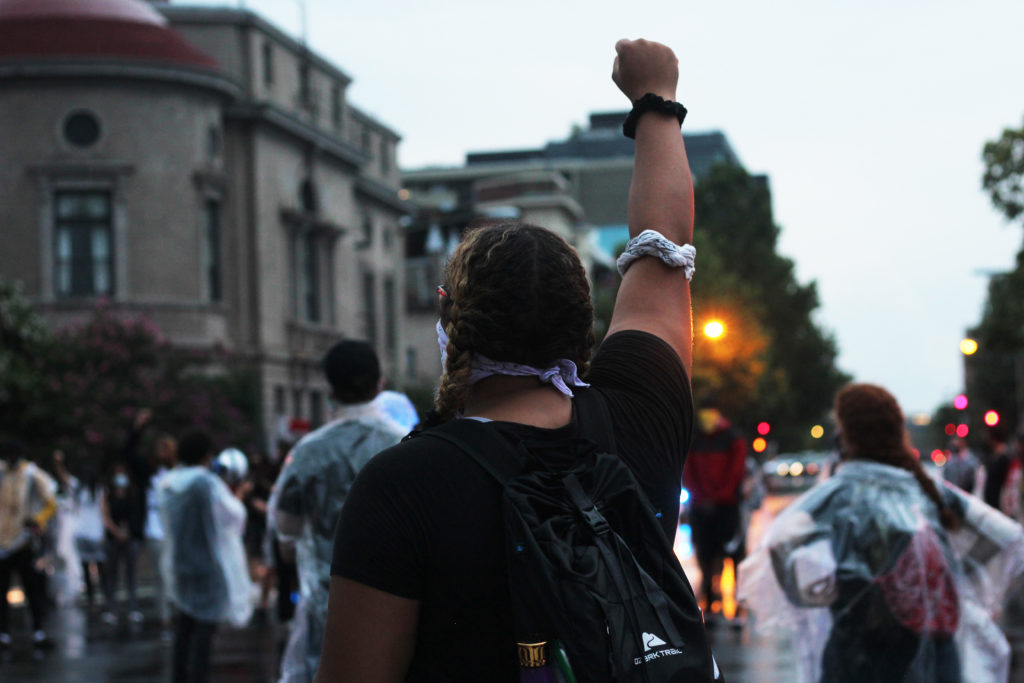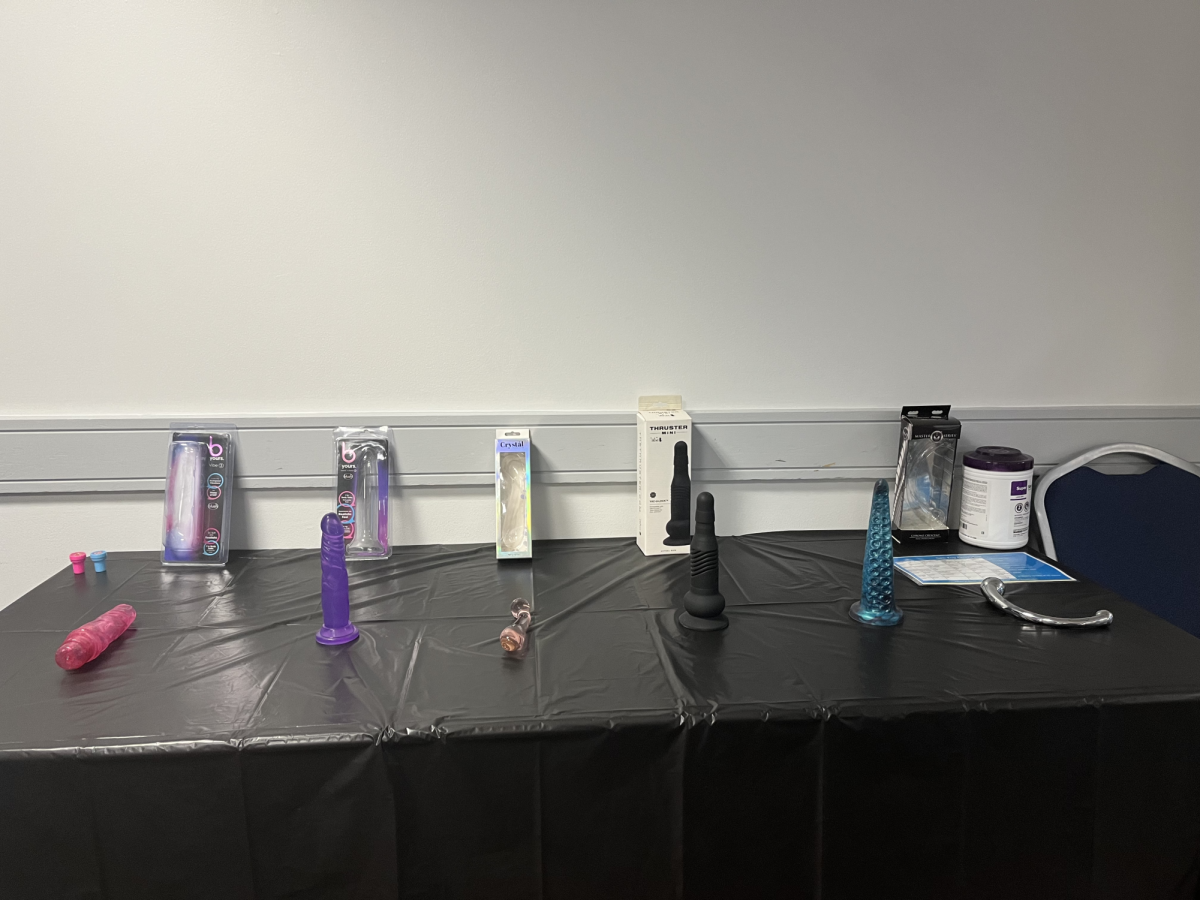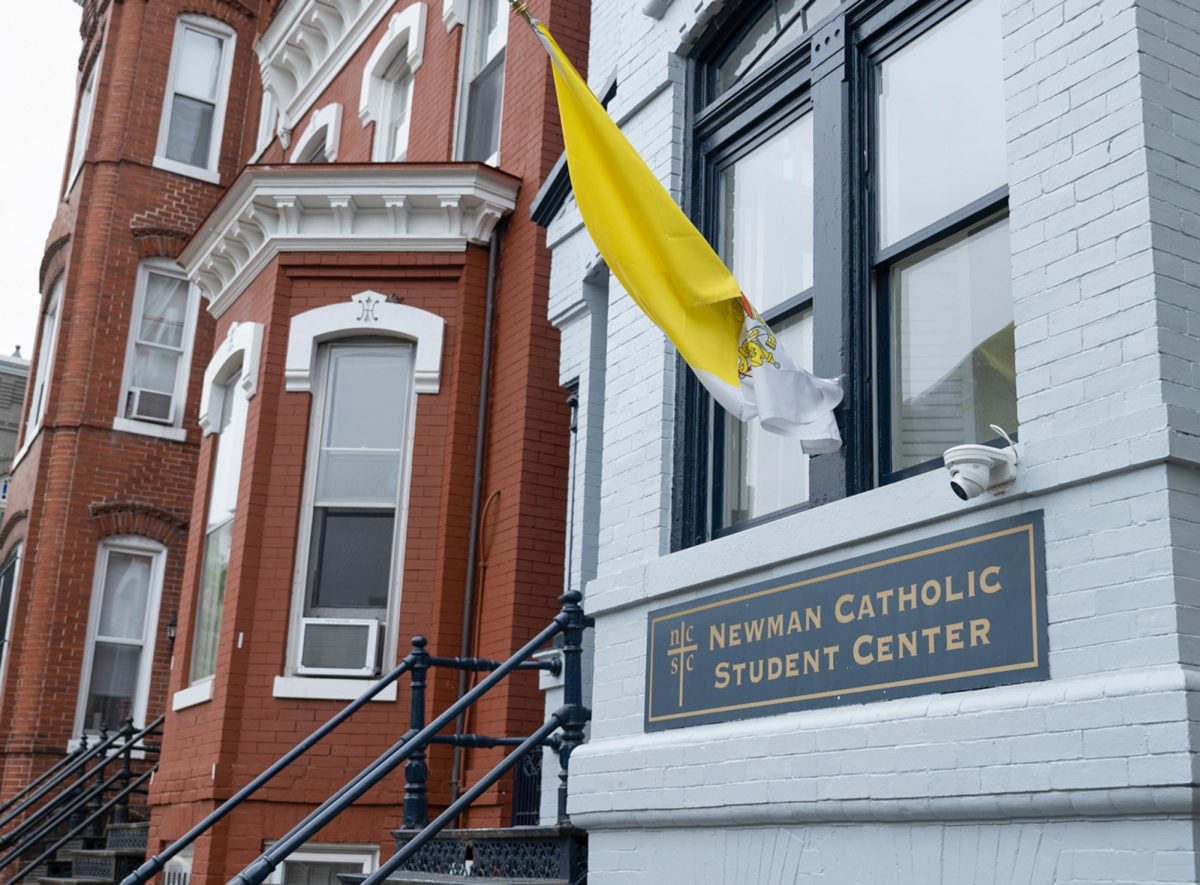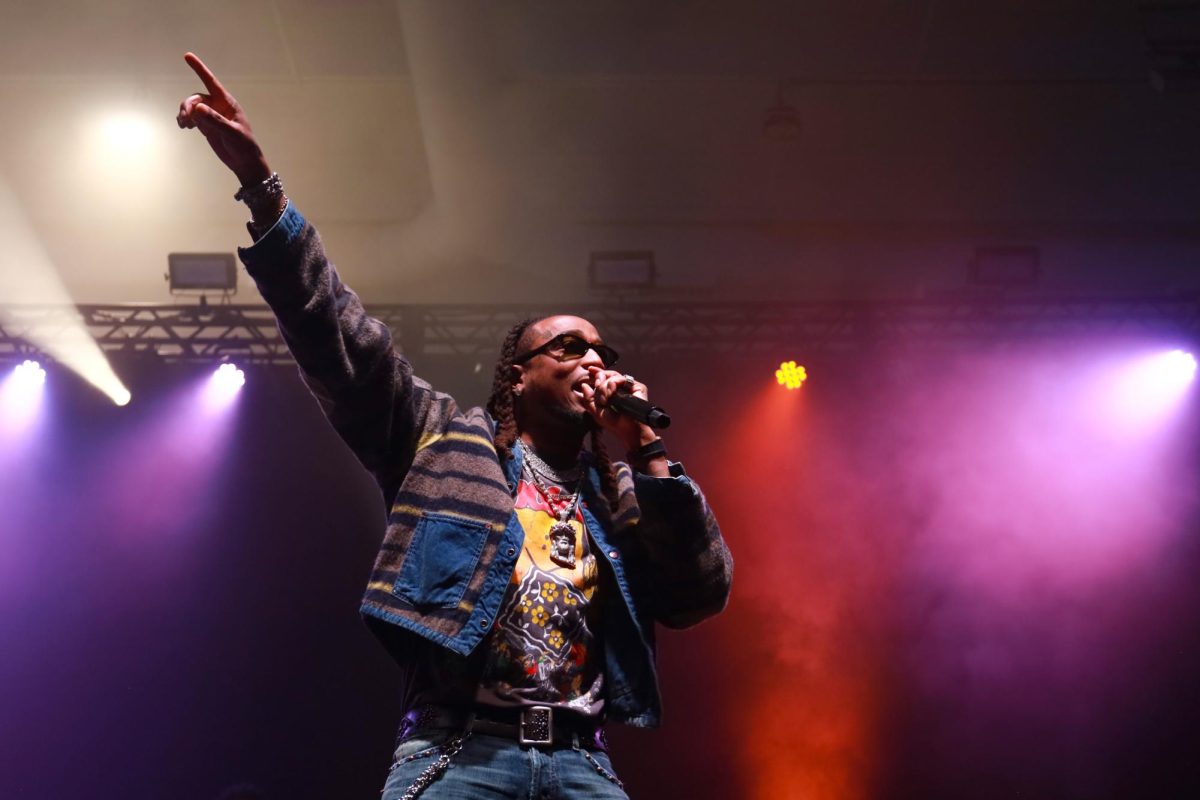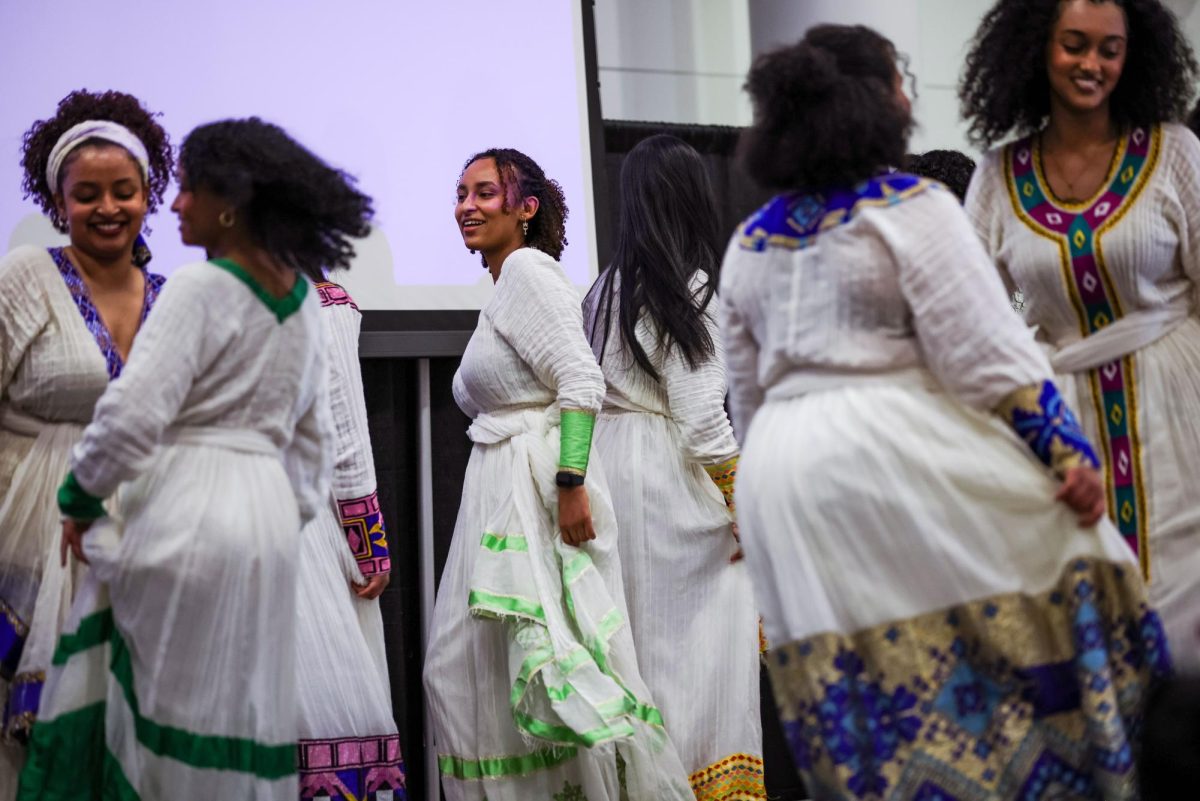It was easy to get lost in the deluge of summer news this year – there was a lot of it.
The University spent weeks preparing for a hybrid fall semester, only to scrap plans and extend online learning to the fall. Meanwhile, global calls to end police brutality and racial discrimination prompted action from student organizations, the Board of Trustees and the D.C. Council alike.
Here are this summer’s top headlines:
Officials plan fall semester
Officials submitted a plan to the D.C. government in mid-June proposing a mix of in-person and online classes. The plan included social distancing measures in classrooms, regular COVID-19 testing and a mask mandate on campus, among other protocols.
But the proposal received pushback from students and faculty who worried the plan was still unsafe. Nearly half of professors who answered a GW survey also said they intended to hold classes online regardless of the fall semester status.
By the end of July, the University reversed its plan and announced that GW’s classes would be held online this fall. Officials said about 500 students facing “extenuating circumstances” would be allowed to return to campus, and those remaining off campus will receive a 10 percent tuition reduction.
GW makes cuts to mitigate finances
Officials knew by early summer they would need to make layoffs to mitigate the financial toll of the pandemic, which is projected to make a $220 million dent in GW’s budget.
University President Thomas LeBlanc and several other top officials vowed to take pay cuts and halt most capital projects to help offset the University’s finances, avoiding layoffs initially. But at least dozens of staff in career services, consulting, facilities and technology have lost their jobs this summer during a process of consolidation and restructuring across several University departments.
Protests about racial injustice break out across D.C.
In response to recent episodes of police brutality, protesters took to the streets of D.C. in late May and have continued to throughout the summer. The demonstrations brought into question the University’s and D.C. government’s own hand in racial injustice.
In early June, the D.C. Council passed an emergency police reform bill that removes power from police unions to conduct disciplinary action and bans hiring officers with a history of misconduct.
The GW Black Student Union has also called on officials to reform GW Police Department’s policies. In a letter addressed to GWPD Chief James Tate and Associate Vice President for Safety and Security Scott Burnotes, BSU demanded that the department adopt a no-tolerance policy for officers who act on racial bias and lessen its dependence on the Metropolitan Police Department.
Officials in the Office for Diversity, Equity and Community Engagement also launched a series of events aimed at educating people on equity and anti-racism.
GW vows to ‘evaluate’ Colonials nickname, building names
After years of student activism, the Board of Trustees approved a framework to reevaluate the Colonials moniker and to rename buildings named after figures who enforced racist policies.
Officials will create two committees – one to consider ditching the Colonials moniker and one to evaluate renaming the Marvin Center, which is named after a former University president who supported segregation. Officials said they will consider any request from students, employees or alumni for name changes to buildings or memorials based on six variables, and calls to change names must be backed by at least 500 people.
House greenlights D.C. statehood
The U.S. House of Representatives voted in support of D.C. statehood in late June, the first major step toward statehood in 27 years. The bill passed with a 232 to 180 vote in the House.
LeBlanc has openly pushed for the District to become a state alongside several other D.C.-area college presidents over the past year, saying statehood would allow the University to more freely contribute academic and research resources. The bill will head to the Senate, where it faces a Republican majority opposed to statehood.
GW announces plans for fossil fuel divestment
After years of pressure from student activist groups like Sunrise GW and the Student Association, officials announced in June that they plan to divest the University’s $53 million in fossil fuel holdings by 2025.
Students have pushed for the University to divest for more than a decade, but the movement didn’t pick up steam until LeBlanc revealed GW’s indirect holdings in the industry in early February. Following a week of student protests, trustees formed a task force to examine the University’s fossil fuel investments.
Students speak up about sexual abuse
In late July, at least 10 people came forward with allegations of sexual assault against a recent graduate and student leader, sparking conversations about sexual abuse on college campuses.
At around the same time, dozens of people shared anonymous accounts of being sexually assaulted or harassed on the Instagram account @gwsurvivors. The account has posted more than 200 stories to date.
Officials said in a statement that they’re concerned about the “hurt and pain” described by students in the social media posts and hope students go to the University with their stories.


